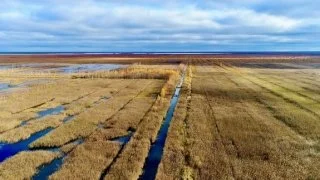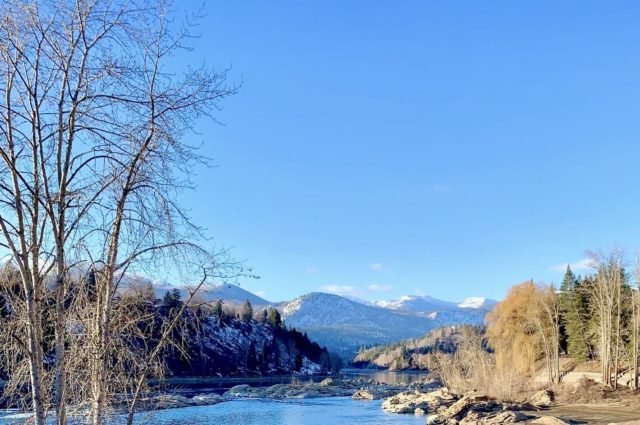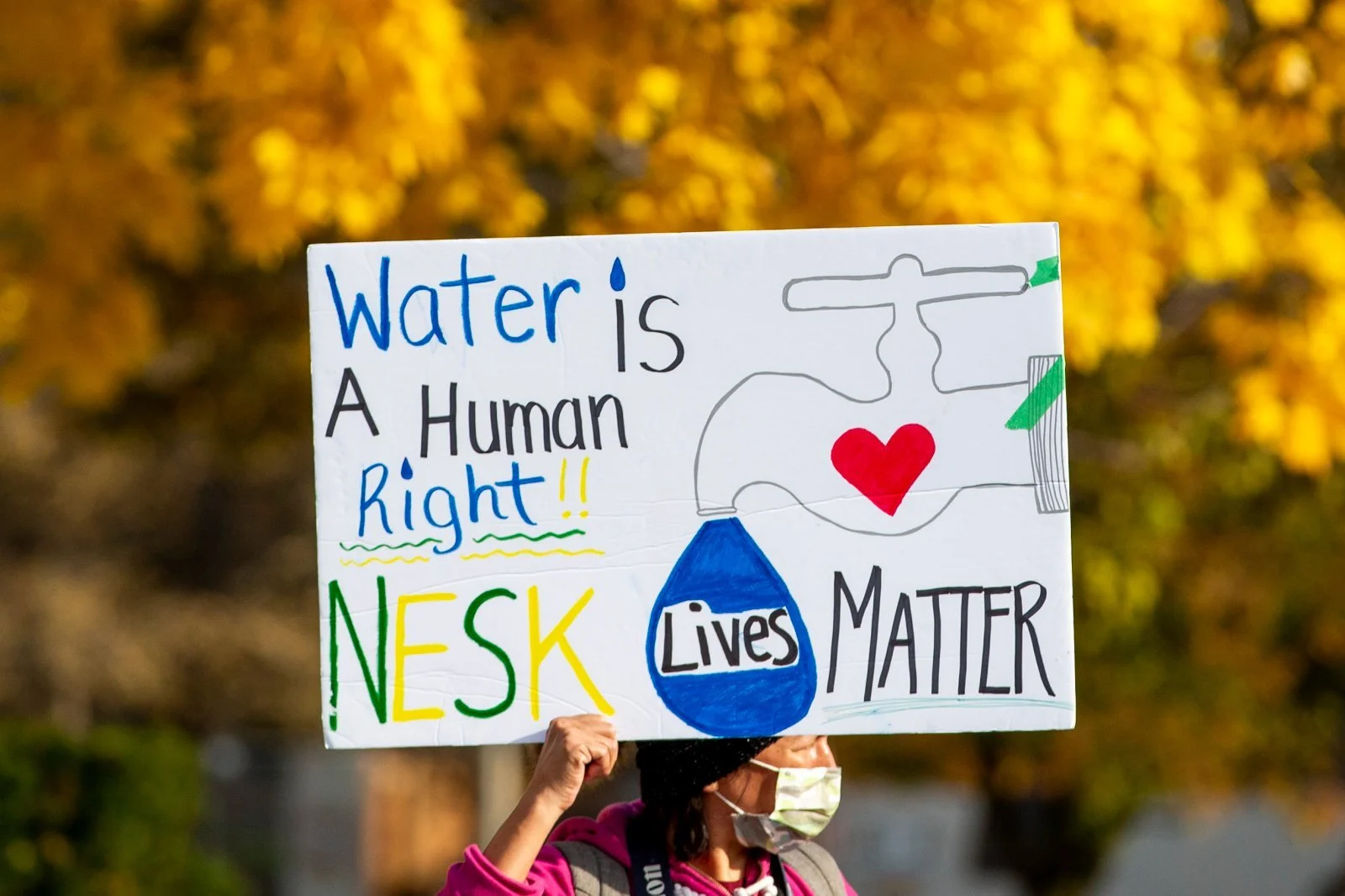Ted Laking, the president of the Association of Yukon Communities (AYC), was in Ajax, Ont. earlier this month representing the Yukon at the Federation of Canadian Municipalities (FCM) board meetings. Municipal leaders from across the country discussed a number of priorities for the federal abudget to be tabled Tuesday. According to Statistics Canada’s Core Public Infrastructure Survey, 14 per cent of municipal and water infrastructure and 12 per cent of municipal transportation infrastructure is in “poor” or “very poor” condition.
Negotiations ongoing to modernize Columbia River Treaty
The 15th round of negotiations to modernize the Columbia River Treaty was held in Vancouver on January 25 and 26. The Columbia River Treaty is a water management agreement that was implemented in 1964 between the United States and Canada. The U.S. prepaid Canada $64 million for a 60-year agreement to ensure flood control operations would be provided. The Columbia Treaty doesn’t have an end date but can be terminated by either country as of September 2024 or onward, if 10 years' notice is given.
A second chance to protect wetlands
Wetlands are among the most threatened ecosystems in the world. A new study, published in Nature, has found that the loss of wetland areas around the globe since 1700 has likely been overestimated. This is good news overall, however, the global picture hides significant variations, with several regions and distinct wetland types under significant levels of pressure. For instance, temperate river floodplains have been highly impacted while remote boreal-arctic peatlands remain comparatively unharmed. While wetland conversion and degradation has slowed globally, it continues apace in some regions, such as Indonesia, where large swaths of land are being cleared for oil palm plantations and other agricultural uses. This new global perspective on wetland loss can help prioritize conservation and restoration actions.
Help Lower Columbia-Kootenay stewardship streamline freshwater priorities
Have questions or want to learn more about water stewardship in the Lower Columbia-Kootenay hydrologic region? Then mark Feb. 15 on your calendar as a day to have your voice heard in a community meeting focused on the life of local watersheds. Living Lakes Canada is hosting four public engagements around water concerns and priorities in the hydrologic region which, in the immediate area, encompasses Rossland and Trail to Castlegar, Salmo and Nelson.
Peter S. Ross: We need to understand the extent to which floods further degrade fish habitat
With government agencies dealing with the urgent public safety needs of the day, the health of fish habitat ranked low on the list of priorities. But as floodwaters rose, the distinction between terrestrial and aquatic habitats blurred, salmon and sturgeon swam across farmers’ fields, and contaminants from human activities washed unfettered into streams and rivers.
Canada Is Trying Again to Provide Safe Drinking Water to Indigenous Communities
Canada may not be on track to achieve its self-imposed goal of ensuring access to clean water to all Indigenous communities by the end of this month, but the government says the issue sits among its top priorities. At a news conference in Ottawa on Monday, Indigenous Services Minister Marc Miller unveiled a new strategy designed to lift all remaining boil water advisories across the country.
How colonial systems have left some First Nations without drinking water
Rebecca Zagozewski, executive director of the Saskatchewan First Nations Water Association, said she has seen contractors save on costs when building water treatment plants on reserves by using obsolete parts and failing to include maintenance manuals, ventilation or chemical rooms, and bathrooms. “Engineering companies will put in their bids obviously as low as they can go,” said Zagozewski.
Toward The Creation Of A Canada Water Agency Environment And Climate Change Canada Seeks Comments On Discussion Paper
The federal government seeks feedback on whether the objectives outlined in the Discussion Paper are the right objectives for the government to pursue and input on which objectives should be prioritized. Input is sought from provinces, territories, Indigenous peoples, local authorities, the private sector, non-government organizations, and the public. Feedback will inform the federal government's next steps in implementing the CWA. The deadline for providing feedback on the Discussion Paper is March 1, 2021. Information about where to send responses is provided in the Discussion Paper. In January 2021, the federal government will host a virtual national freshwater policy forum. A series of regional forums will be held in February 2021 to provide further opportunities for Canadians to participate in consultations on the Discussion Paper.









